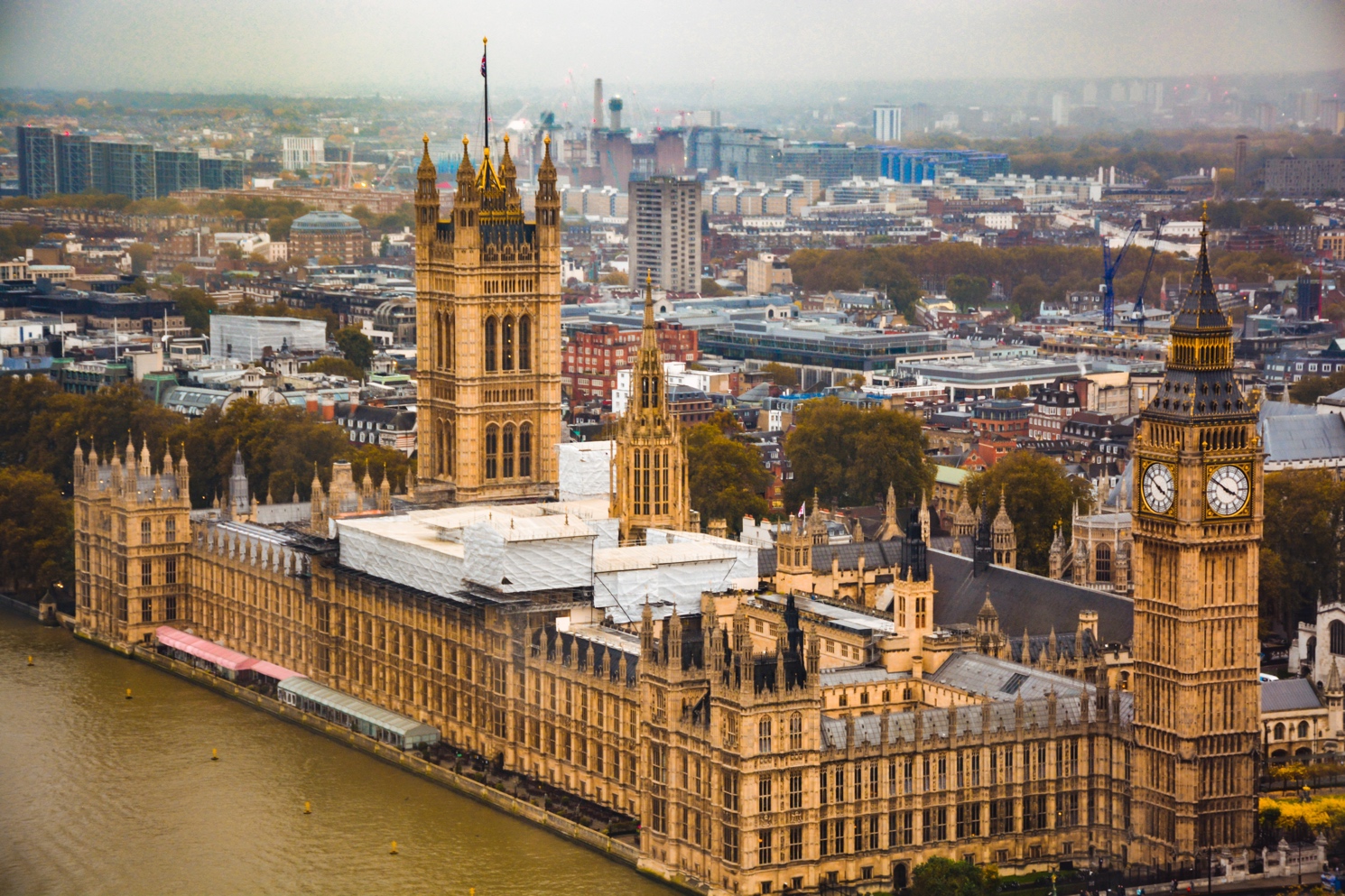Public law in the Philippines is the body of law that governs the relationship between individuals and the state, as well as the relationships among state entities.

Introduction
In the realm of legal studies, a key area of focus that arises within the borders of each sovereign state is Public Law. Public law, generally speaking, pertains to the body of law which governs the relationships between individuals and the government, and those relationships between different branches of the government.
Definition of Public Law
Public law encompasses several areas such as constitutional law, administrative law, criminal law, and tax law, among others. Essentially, it can be regarded as the framework within which public administration is carried out, serving as the backbone of civil society.
Public law is inherently concerned with issues that affect the public interest. This includes the set of rules that public authorities must adhere to when making decisions that affect the rights, duties, or interests of individuals. Essentially, these laws are designed to regulate the functioning of government and its relationship with the individuals it governs.
Structure of Philippine Public Law
The structure of Philippine public law, like many legal systems, is multifaceted, covering several key areas that underpin the functioning of the state and its interaction with its citizens.
Constitutional Law
Philippine public law is grounded in its constitution, a vital document that delineates the fundamental rights of its citizens and the framework for the government.
The 1987 Constitution
The 1987 Constitution is the supreme law of the land in the Philippines. It sets out the nation’s political framework, delineates the powers of different branches of the government, and encapsulates the fundamental rights of the citizens. The Constitution forms the bedrock of all Philippine laws, ensuring that all legislation aligns with its principles.
Key Constitutional Principles
Key constitutional principles include separation of powers, which maintains the independence and balance of the executive, legislative, and judicial branches. Other core tenets include the protection of fundamental human rights, such as the right to due process, freedom of speech and expression, and the right to a fair trial.
Administrative Law
Administrative law encompasses the rules, regulations, and procedures that government agencies must adhere to when performing their duties.
Regulatory Agencies
Regulatory agencies in the Philippines are responsible for the oversight and regulation of various sectors. For instance, the National Telecommunications Commission regulates the telecom industry, while the Securities and Exchange Commission oversees securities and corporate practices.
Administrative Procedures
Administrative procedures in the Philippines involve the methods and processes used by administrative agencies when delivering services, making decisions, or implementing regulations. It includes rule-making, adjudication, or the enforcement of a specific regulatory agenda.
Criminal Law
The Revised Penal Code
The Revised Penal Code of the Philippines provides the general penal laws of the country. It outlines offenses and their corresponding penalties, ranging from crimes against national security to those against personal liberty and security.
Criminal Procedures and Rights
Criminal procedures in the Philippines cover how crimes are investigated, how defendants are charged, and how trials are conducted.
Tax Law
Tax law is a significant component of public law in the Philippines. It relates to the statutory, regulatory, constitutional, and common-law rules that constitute the law applicable to taxation.
Tax System and Principles
The Philippines operates a mixed tax system composed of both direct and indirect taxes. Direct taxes include income tax and capital gains tax, while indirect taxes include Value Added Tax (VAT) and excise taxes.
Major Tax Laws
Major tax laws in the Philippines include the National Internal Revenue Code, which provides the rules for taxation, and the Tax Reform for Acceleration and Inclusion (TRAIN) Law, which implemented significant changes to the tax structure, including lowering personal income tax rates and adjusting estate and donor’s tax.
Impact of Philippine Public Law
The impact of public law in the Philippines is vast and far-reaching, touching on aspects ranging from the protection of individual rights and freedoms to economic regulation and the shaping of social policies.
Implications for Citizens’ Rights and Freedoms
The Philippine public law, especially as enshrined in the 1987 Constitution, has profound implications for citizens’ rights and freedoms. For example, the Constitution’s Bill of Rights ensures basic human rights such as freedom of speech, religion, and press, the right to a fair trial and due process, and protection from unreasonable searches and seizures. These provisions serve as a constant reminder to both the government and the public that the fundamental rights of individuals are paramount and must be respected and upheld at all times.
Role in Economic Regulation and Development
Public law plays a significant role in economic regulation and development in the Philippines. For instance, the government, through the Central Bank of the Philippines or Bangko Sentral ng Pilipinas, controls monetary policy, setting interest rates to control inflation and stabilize the country’s currency. Furthermore, the Securities and Exchange Commission oversees corporate practices to protect investors and ensure the smooth functioning of the securities industry. Administrative agencies, guided by public law, regulate industries such as telecommunications, transport, and energy, to ensure fair competition, protect consumer rights, and foster economic development.
Influence on Social Policies
Public law also has a significant influence on social policies in the Philippines. For example, the Department of Social Welfare and Development, under the guiding principles of public law, formulates and implements policies that promote the rights and welfare of the poor, vulnerable, and disadvantaged. Similarly, the Department of Education shapes educational policies guided by the principles of equal access and quality education for all. Thus, public law serves as a cornerstone in the development and execution of social policies, ensuring that they are grounded in justice, fairness, and the public interest.

Case Studies in Philippine Public Law
Examining specific cases provides insightful context to the theoretical understanding of public law. This section explores some notable cases that shaped Philippine public law across various domains.
Notable Constitutional Cases
One of the most influential constitutional cases in the Philippines is the Javellana vs. Executive Secretary case in 1973. This case challenged the validity of the 1973 Constitution that was allegedly ratified without a proper plebiscite. The Supreme Court, in a controversial decision, did not declare the constitution void, thus allowing the martial law era under President Ferdinand Marcos to continue.
Landmark Administrative Law Cases
The case of Akbayan vs. Aquino in 2012 is significant in the field of administrative law in the Philippines. The Supreme Court decision highlighted the importance of the people’s right to information on foreign and domestic loans obtained or guaranteed by the government, reinforcing government transparency.
Significant Criminal Law Cases
In the realm of criminal law, the People vs. Estrada case in 2007 was significant. Former President Joseph Estrada was found guilty of plunder, a non-bailable crime. The case emphasized the equal application of criminal law, even to the highest official of the land.
Important Tax Law Cases
For tax law, the CIR vs. Court of Appeals and CTA case in 1995 remains instrumental. It affirmed the principle of strict interpretation of tax laws, emphasizing that tax cannot be collected unless explicitly authorized by law.
Future Prospects of Public Law in the Philippines
The landscape of public law in the Philippines is subject to change and evolution. Its future hinges on various factors, including proposed legal reforms, the role of technology, and the impact of globalization.
Proposed Legal Reforms
The Philippine legal system continuously undergoes transformation as it adapts to societal changes and needs. Proposed legal reforms include those aiming at strengthening anti-corruption measures, improving the efficiency of the judicial system, and safeguarding human rights. For example, recent years have seen proposals for the amendment of the Human Security Act to better address terrorism while ensuring the protection of civil liberties.
Public Law in the Face of Globalization
As the world becomes increasingly interconnected, public law in the Philippines needs to adapt to global standards and influences. Globalization brings challenges such as cybercrime, climate change, international terrorism, and global economic fluctuations, all requiring an adaptive legal system.